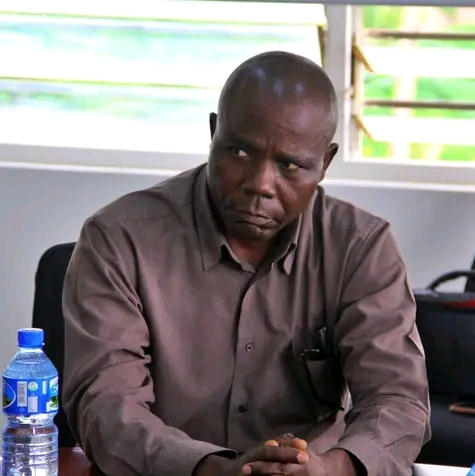Mediaage NG News – ABUJA, Nigeria (Thursday 25th April, 2024)
The Solicitor General and Permanent Secretary, Ministry of Justice, Plateau State, Joel Tahvan has revealed what he thinks could be a challenge to the realisation of the of the objectives of the ongoing National Justice Summit holding in Abuja, the Nigerian capital.
While disclosing this after the technical session, in preparation to when the summit was held, he said implementation, evaluation and monitoring are huge factors that must come into play to see to the success of the policy.
The technical session brought together Solicitors General across the nation.
The essence of the summit is to review and validate the National Justice Policy. The last had a lifespan from 2012- 2017.
“You know one thing with the society is that many persons pay less attention to a task if there is no supervision. So, the area of monitoring and evaluation as contained in the draft policy is that the various justice reform teams of the states will have to be giving their reports, Mr. Tahvan said while speaking to Mediaage.
To me, it won’t work. The proper thing to be done is to set workplans with timelines for various ministries of justice or the judicial sector. Give the states timelines and workplan, including the MDAs and stakeholders within a particular period.
At the annual summit, it would be reviewed according to states and MDAs. Then, we would be able to assess whether or not we are all on the same page”, he added.
He also said since the 2012-17 national policy, little has been achieved. “So, if possible, create a reward system. Those who performed excellently will be rewarded accordingly. This will spur many stakeholders to ensure that the national justice policy is implemented at the various states”, he continued.
“We are lacking the will power and it’s not that we don’t know what to do. The laws are there but, it seems the leaders lack the will to implement the law.
“Now, look at the menace of kidnapping, it is tiring. They (leaders) need to procure the necessary gadgets to investigate and arrest. For instance, see the way kidnappers abduct victims and make use of their phones to demand for a ransom. If proper tracking gadgets are there, they would have been used to track the hideouts of these abductors. At the end, they will realise that crime does not pay and will desist from such” the Solicitor General further enumerated.
He also spoke on the lack of uniformity in trials or judgements passed by courts across the country. He gave some instances including the judgement made by the election tribunal in his home state.
“Typically, what happened in Plateau State, at the election tribunal, when the supreme court was saying there was a structure in the state, the Court of Appeal held that there was no structure.
“Another issue is on the area of federal high courts almost around all the states. People will prefer to leave their states and go to Abuja or Rivers State to institute and get orders there to go and implement in their states. It creates divergence of opinions and it does not help the development of the country, as well as negatively represent the integrity of the judiciary in no small measure.
“You know the judiciary is built on the concept of precedence, lower courts abide by the decisions of the higher ones. But, the scenario we get is when a decision is given by a higher court in a certain manner, the lower courts are ought to be bound by their decisions. And, if there’s no discipline, if the judiciary will not sanitise itself, certainly the public will lose confidence in it”, he concluded.





